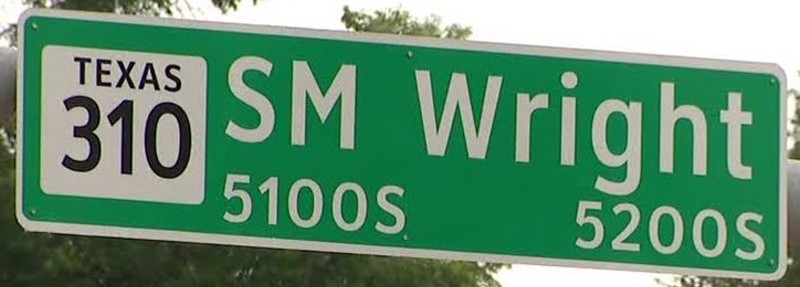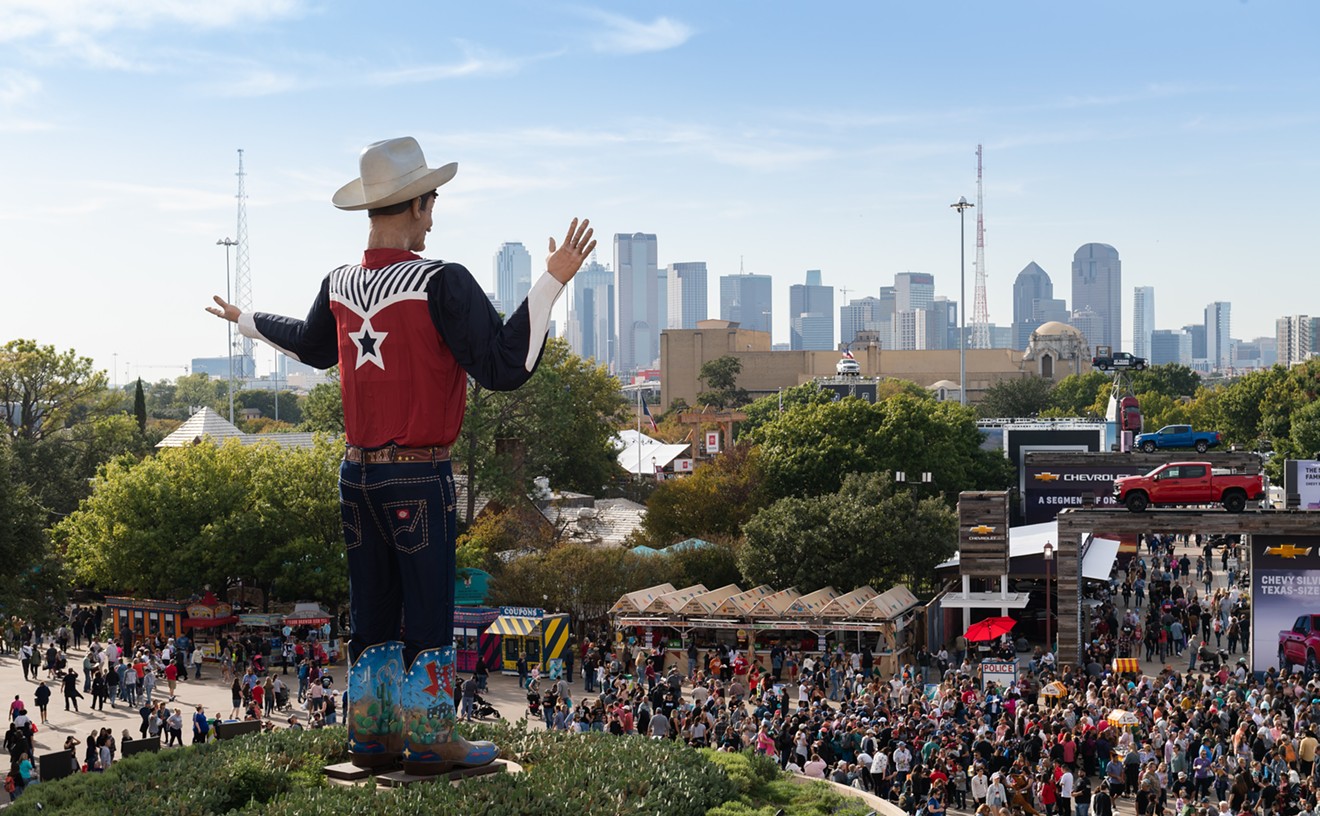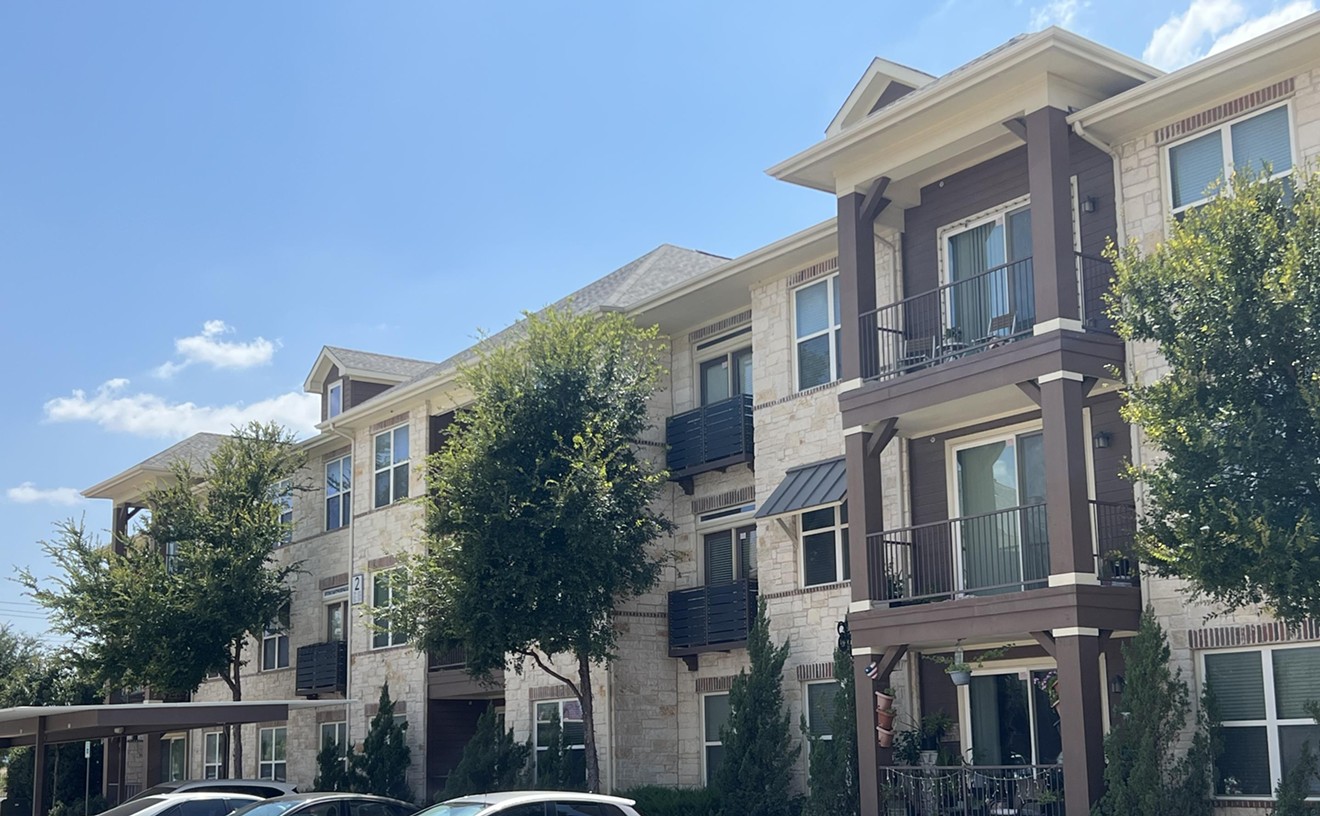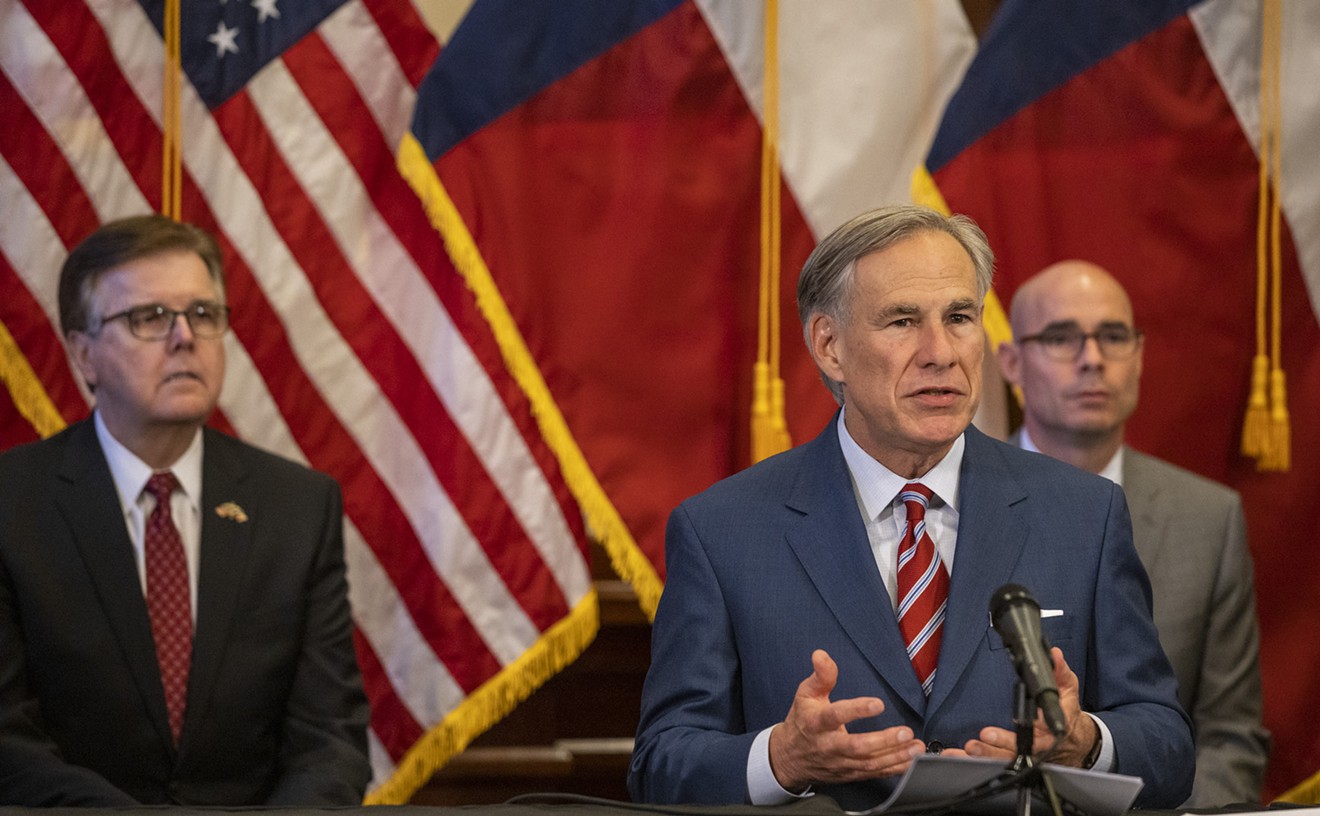The renaming was initiated by the state in 1995 in a bill authored by State Senator Royce West and signed by then-Governor George W. Bush. However, the city of Dallas never finalized the renaming, which is the first state highway to be named after an African American. Wright's name had appeared on signs along the thoroughfare between Al Lipscomb Way and Budd Street until last spring, when construction on State Highway 310 led to their removal.
When the signs were replaced with South Central Expressway markers, it caused an uproar in the community and inspired a wave of leaders in the Black Baptist community to investigate and advocate for the renaming. According to Dallas political consultant Winsor Barbee, records requests and "thousands of calls" showed the city had no record of the renaming ever taking place or being adopted on the city level.
"We talked to every attorney in Austin. We talked to everyone and their grandmother about what to do," Barbee told the Observer ahead of Wednesday's council vote.
Council Member Adam Bazaldua, whose district includes the roadway, first thought there "had to be a mistake" when he heard that the city failed to complete the renaming process 29 years ago, and was "disappointed" to find it was only adopted ceremoniously. Still, he is grateful the formal renaming can be done while Wright's wife and sons are still alive to see it.
Bazaldua doesn't expect today's vote to be a contentious one, because the vote will be a corrective action.
"We haven't missed a generation that will understand the significance of the renaming," Bazaldua said. "There was a resounding consensus that we must do what we need to do as a city to support the legacy of Reverend S. M. Wright and to continue honoring his name in South Dallas."
Ahead of today's council vote,a coalition of Black pastors and South Dallas community leaders gathered for a luncheon celebrating the life of Wright, who died in 1994. Wright was remembered for his booming voice, commanding presence and for the Cadillac he drove. He was praised for his mentorship efforts, paving the way for the next generation of Black leaders and pastors in Dallas.
"It's a beautiful thing, I believe it's the power of God. Because of God's power we were able to come together and get [the renaming] done," Wright's son, Calvin Wright, told the Observer. "I believe it will be a weight off our shoulders to get that vote in and finally get this done.
The Impact of Rev. S. M. Wright
At Tuesday's luncheon, City Council member Tennell Atkins, Dallas County Sheriff Marian Brown and Dallas ISD Trustee Maxie Johnson all spoke of the impact Wright had on advocating for South Dallas.
"We are going to see this thing through because it's the right thing to do," Johnson assured the group.
"We are going to see this thing through because it's the right thing to do," Johnson assured the group.
In addition to Wright's career as a pastor, his sermons were broadcast on KHVN-AM, spreading his message throughout North and Central Texas. He also played a key role in the social and political movements of the 20th century, and encouraged peace following the assassination of Martin Luther King Jr., according to the Texas State Historical Association.
Wright's legacy is marked by his efforts in helping to desegregate Dallas ISD schools and by his friendships with prominent figures such as President Lyndon B. Johnson, Congresswoman Eddie Bernice Johnson and Martin Luther King Jr.
Following Wright's death in 1994, state Sen. Royce West led the efforts to rename the highway in Wright's honor. The legislation was one of the first bills passed by West, who remains in office today.
"Rev. Wright was a key figure during an era in the history of Dallas, who had both supporters and critics. But when you tally the score, the things he was able to accomplish were in the best interest of the community, and that legacy continues to this day," West said in a statement shared with the Observer. "I am glad that we were able to work with City of Dallas officials, Pastor S. M. Wright II and family and the community, to resolve a matter that was deeply personal to them and to many African Americans who live in the Dallas area."













